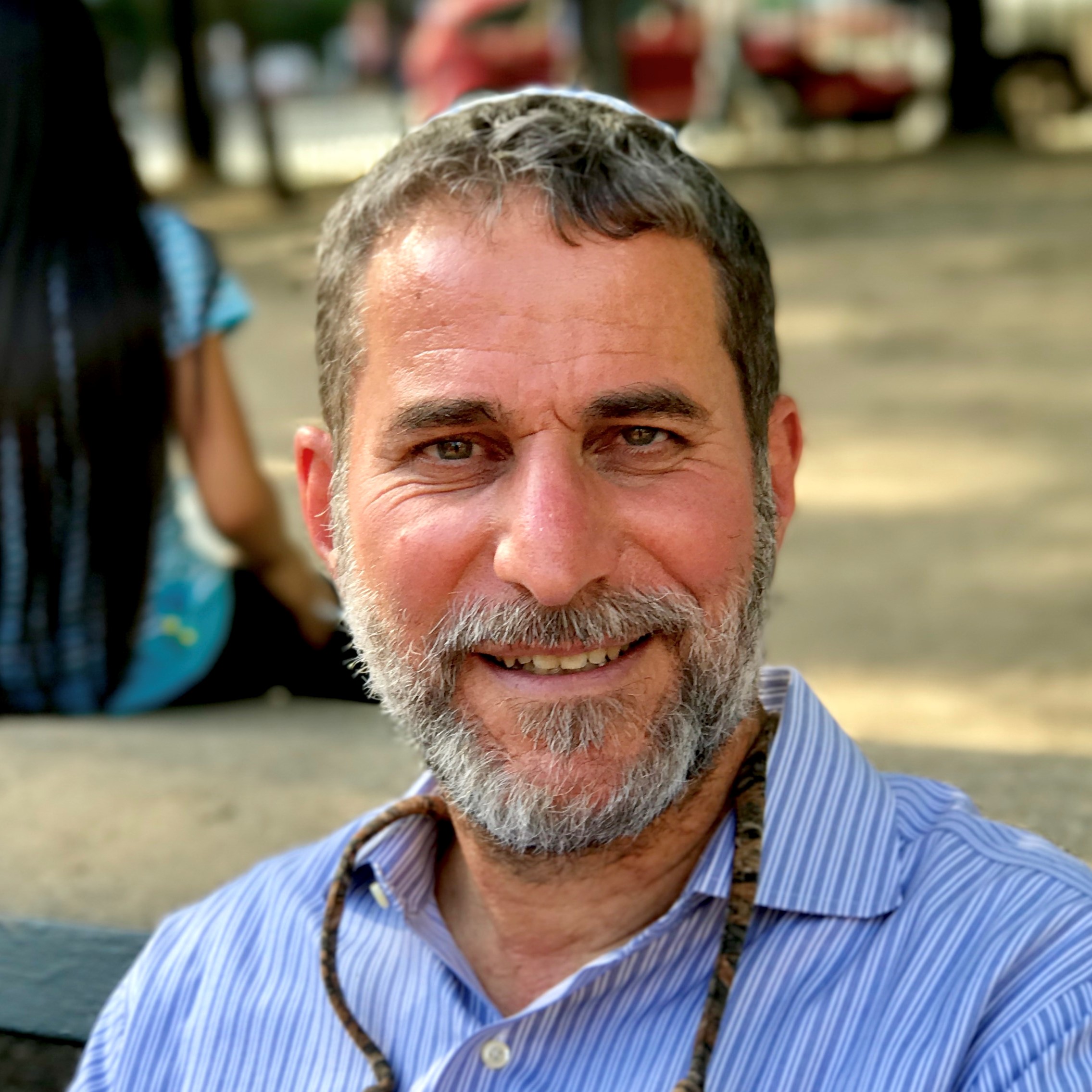Beit Midrash
- Torah Portion and Tanach
- D'varim
- Shoftim
The Ari z"l offers the following explanation of the Pasuk: "Why is it, he asks, that so many calamities have befallen the Jewish People through the ages? Why do we so often receive a "guilty verdict" from G-d & suffer so much? This cannot be the normal course of human events!"
The Ari answers, from the verse: "It is because of the many disputes between "blood & blood," between Jews & fellow Jews. Our constant machlokot, the disputes within "our own gates," bring upon us these catastrophes. Now, if this was true in his day – before the acrimonious posturing between Zionism & non (or anti-) Zionism, before Light Rail riots & before the divisive debate over the "peace" process, it is certainly true today.
So what is the solution? If both sides sincerely believe in their positions, how can we ever stop the bickering & brotherly battles? Surely, we do not have to abdicate our right – perhaps, our responsibility – to advance our truth; we need not suppress our legitimate opinions.
Rather, I suggest what we need to do, on a much more concerted & conscious level, is seek out issues & causes on which we can agree. To sometimes put aside those items which are sure to divide us, & pick up those things on which we know we can find common ground.
As a rabbi back in the States, I belonged to a rabbinical organization that represented a wide range of theological positions. We decided on a rule that at first glance seems absurd, but actually made a whole lot of sense: We rabbis could & would discuss any & all issues - except those having to do with religion! We knew that would be a sure-fire prescription for in-fighting & dissolution.
So instead we concentrated on "non-religious" projects that bound us together: Soviet Jewry; Ethiopian aliya, non-discrimination for religious observers; harsh sentencing for hate-crimes, increased funding for Jewish education, subsidies for Jewish summer camps, & so on. We accepted that, spiritually, we were miles apart. But there were still lots of things that we all could agree on.
Perhaps the end of the pasuk hints at the greatest common cause behind which the Jews of today should unite: "V’Kamta V’Aliyta…and you shall get up & make Aliya, to the place that Hashem your G-d has chosen."

Arei Miklat
Parashat Shofetim
Rabbi Shalom Kurz | 5764

No Talebearing!
What constitutes talebearing?
Rabbi Yirmiyohu Kaganoff | Elul 5 5782

Precisely how the Mashiach will come?
beyond the 4 Amot
Baruch Gordon | Elul 6 5779



















